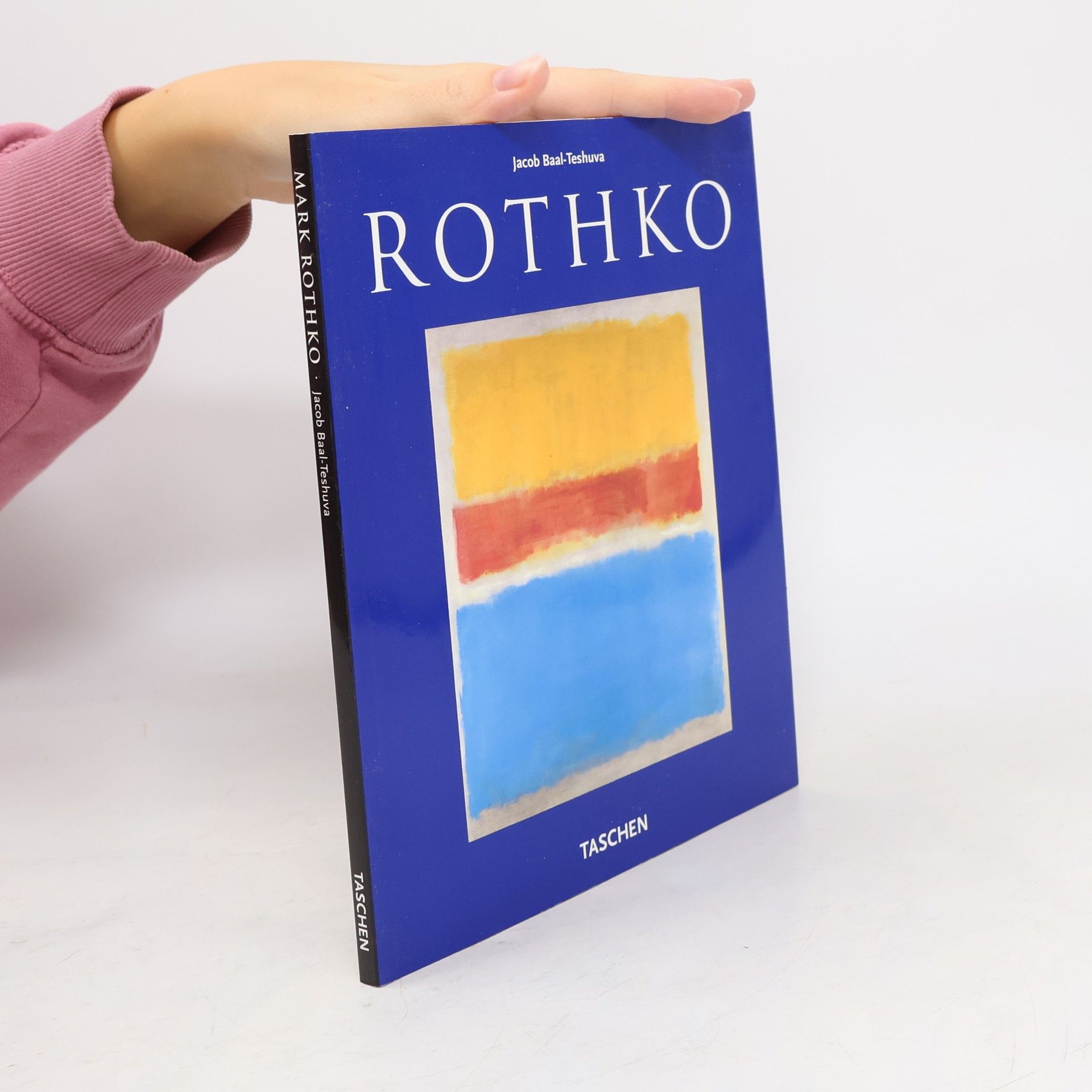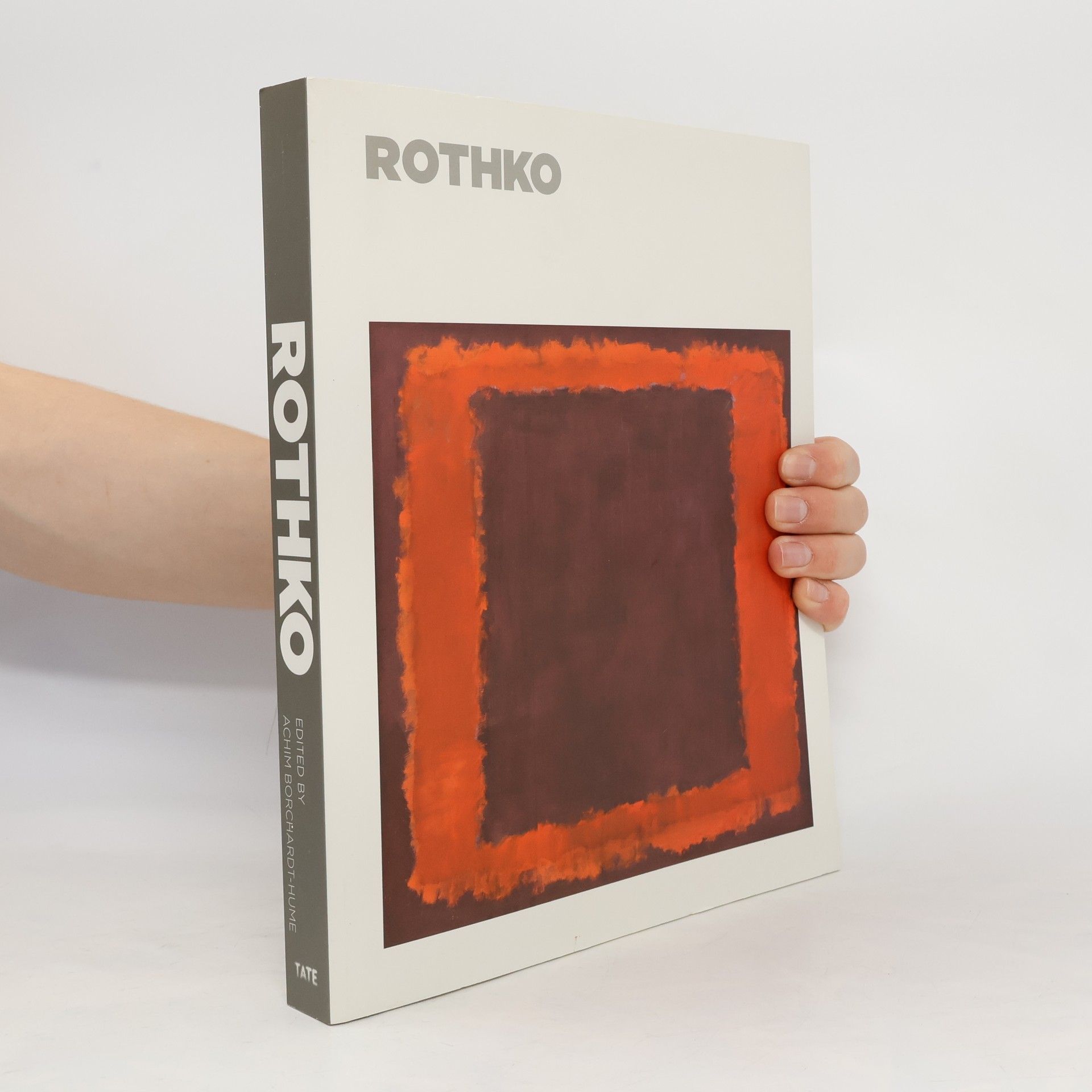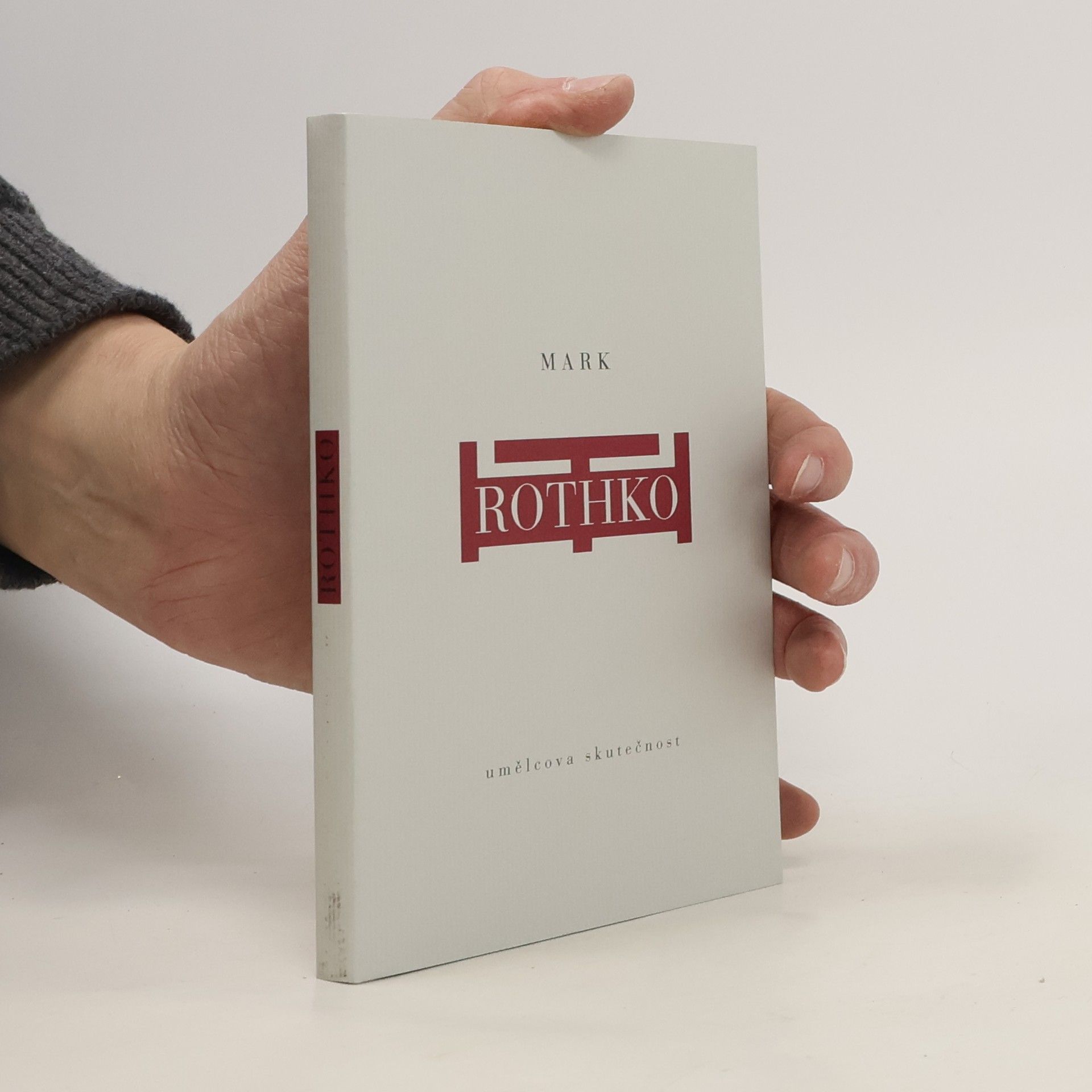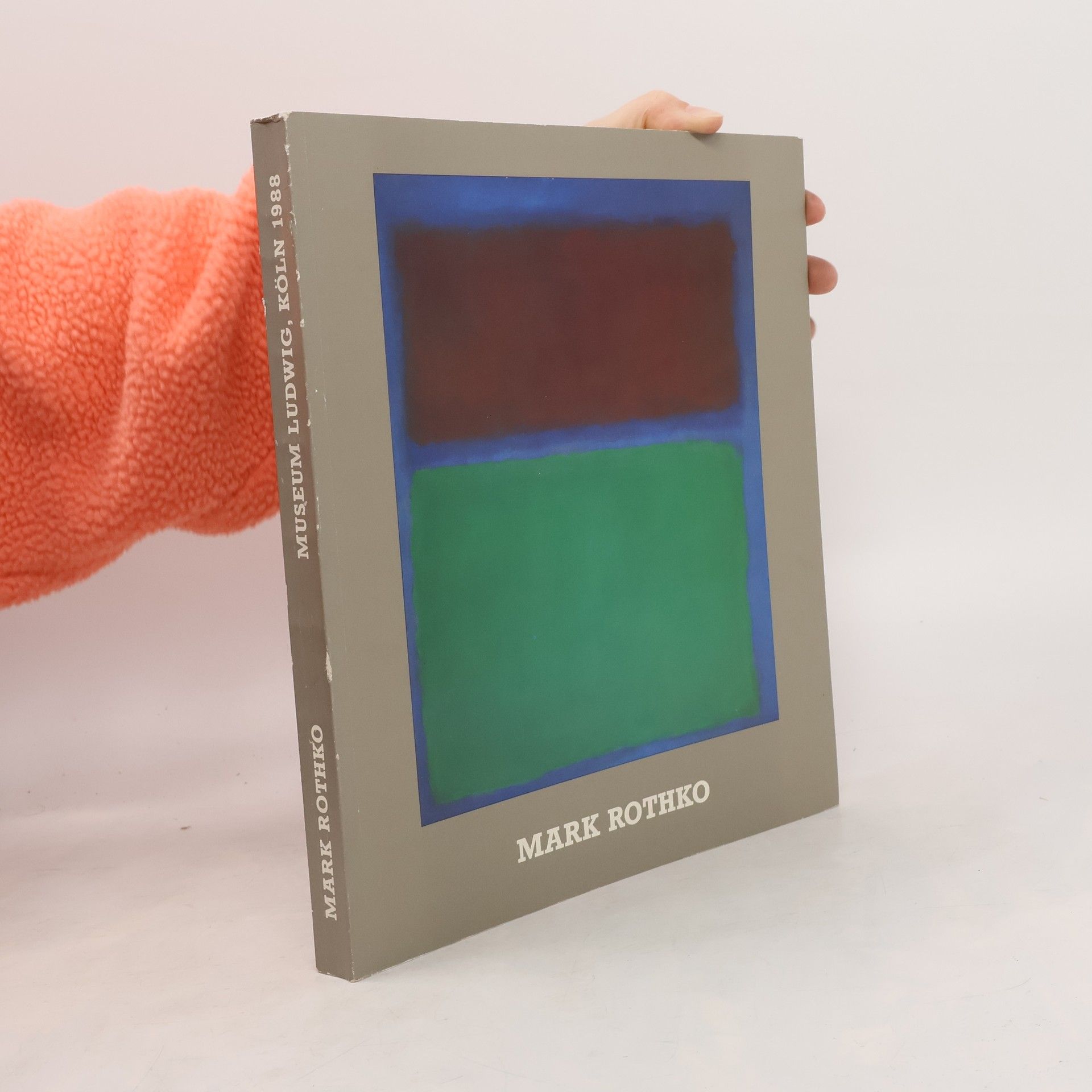Malířské začátky Marka Rothka (1903 Litva – 1970 USA) byly ovlivněny jak figuralisty (Edward Hopper), tak surrealisty, poté co se jeho hlavní představitelé Breton a Ernst začlenili během svého nuceného válečného exilu do okruhu newyorské avantgardy. Vlastní výraz nalézá až po roce 1947 a to v abstraktních kompozicích horizontálních barevných ploch. Eliminuje ze své tvorby jakýkoliv intelektualismus - oprošťuje své obrazy od symbolů a tvarů, nechává působit intimní barvy a vytváří tak ve svých dílech vysoce spirituální atmosféru. Plátna bez určitých forem představují pravé učení abstraktního expresionismu - přímou odpověď na nerozluštitelné tajemství lidské duše. Hluboká duchovní postata jeho malby vedla v roce 1965 známou sběratelku moderního umění Dominique de Menil k objednávce cyklu maleb pro ekumenickou kapli na Houstonské universitě, architektem byl Philip Johnson. Po intenzivních tónech červených, žlutých a oranžových jeho paleta v pozdních padesátých letech ztemněla, aniž by ztratila na psychické sugestivnosti. Náš výbor obsahuje Rothovy eseje, příležitostná prohlášení a projevy, tři rozhovory a vzpomínku přítele J.H. Fischera.
Mark Rothko Knihy
Tento autor skúma hlboké ľudské skúsenosti prostredníctvom svojich diel. Jeho umenie často odráža zložitosť identity a kultúrneho prechodu. S citom pre detail a silným vizuálnym jazykom pozýva čitateľov k zamysleniu sa nad svojím miestom vo svete. Prostredníctvom svojich diel nám ponúka jedinečný pohľad na univerzálne témy ľudskej existencie.







Mark Rothko
- 204 stránok
- 8 hodin čítania
Mark Rothko, the great American artist of Russian descent, is one of the chief exponents of Abstract Expressionism. His paintings, predominantly in a large format and featuring horizontal layers of pigment on a monochrome foundation, will forever be in our pictorial memory as the epitome of classical modernism. By means of Rothko's central work groups from all creative periods - among them the Rothko Room in the Phillips collection and the Harvard Murals of Harvard University -, this book looks at the artist's affinity between picture and viewer. Rothko's adamant insistence on controlling the presentation of his works set him apart from the art scene of his time as early as the beginning of the fifties. His pictures were to be hung closely together in small rooms with soft lighting and large formats were to provide an immediate experience - as a concept which has been most famously and definitively realized in the Rothko Chapel in Houston.
Rothko
- 256 stránok
- 9 hodin čítania
Presents an exhibition catalog that reunites the artist's famed Seagram Murals, originally intended for the "Four Seasons" restaurant in New York, and includes appreciations of his work.
Mark Rothko : 1903-1970 : pictures as drama
- 96 stránok
- 4 hodiny čítania
An overview of the life and work of artist Mark Rothko, this volume exhibits his mythological content, simple flat shapes, and imagery inspired by primitive art.
Mark Rothko (1903-1970) was one of a small group of great artists who helped establish New York as the dominant centre of world art in the 1950s. This book contains essays by two major scholars of the period along with contributions by two members of the R
Writings on Art
- 172 stránok
- 7 hodin čítania
Includes 90 documents, short essays, letters, statements and lectures, written by Rothko. This book includes annotation and a chronology of the artist's life and work. It presents a compilation of both published and unpublished writings from 1934-69, telling the importance of writing for an artist who many believed had renounced the written word.
A recently discovered manuscript by celebrated artist Mark Rothko presents a landmark discussion of his views on topics from the Renaissance to contemporary art, criticism, and the role of art and artists in society. Rothko (1903–1970), a pivotal figure in twentieth-century art, developed a passionate form of abstract painting and contributed essays and critiques that reflected his intelligent and opinionated voice in contemporary art debates. Although he never published a comprehensive book of his thoughts, he hinted at the existence of such a manuscript to friends. After being stored in a New York City warehouse for over thirty years, this extraordinary work, titled The Artist’s Reality, is published for the first time. Likely written around 1940–41, it explores Rothko’s insights on modern art, art history, myth, beauty, and the challenges faced by artists in society, alongside his views on “American art.” The publication includes an introduction by Christopher Rothko, the artist’s son, detailing the manuscript's discovery and the publication process, complemented by examples of Rothko's artwork and reproductions of manuscript pages. This text promises to be a classic, offering profound insight into the philosophies and work of this influential painter.
wichtigster Vertreter des abstrakten Expressionismus Gemälde von hoher emotionaler Intensität Mich interessieren nur die grundlegenden menschlichen Emotionen. Mark Rothko
Mark Rothko, works on paper
- 66 stránok
- 3 hodiny čítania
